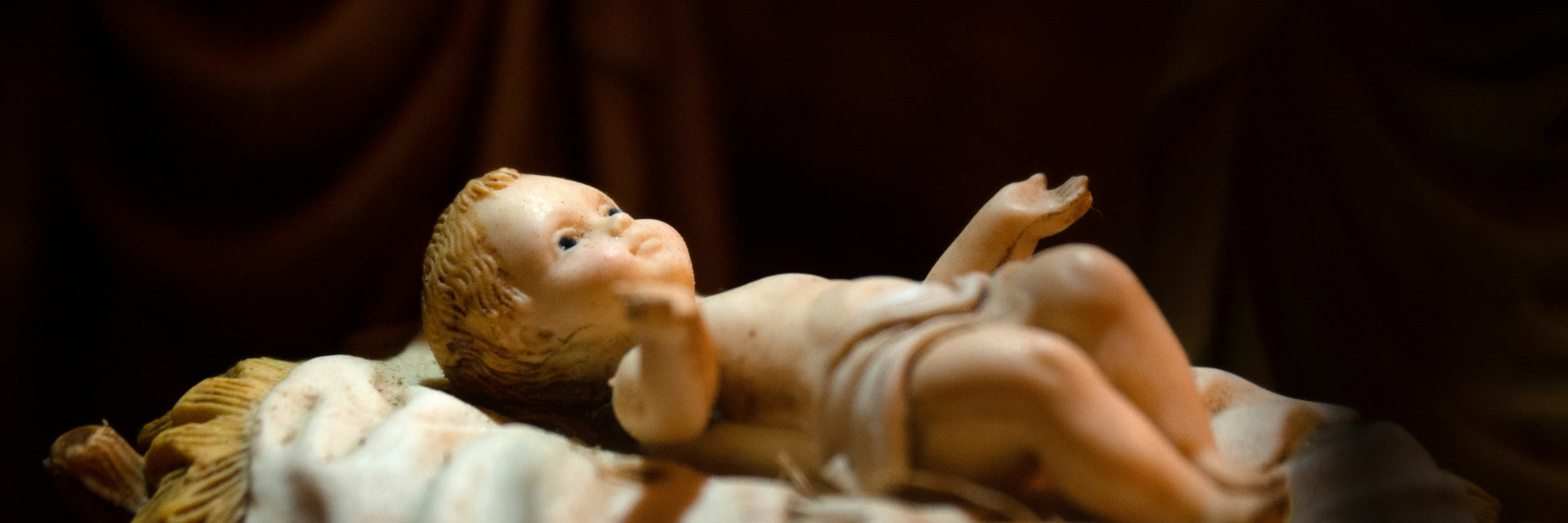
Humility, Habits, and the Power of Counting
John Wooden is regarded by many as the greatest college basketball coach of all time. His UCLA teams won 11 NCAA championships in 13 seasons, including...
Introduction
John Wooden is regarded by many as the greatest college basketball coach of all time. His UCLA teams won 11 NCAA championships in 13 seasons, including winning 7 championships in a row. From 1966-1973, they had more national championships than losses.
When Mr. Basketball from the State of California arrived at practice, he thought coach was going to teach him all these great lessons. Instead, coach set him up 5 feet from the basket and said, “I want you to make 100 bank shots.”
“But coach, I can already make that shot.”
“I know. I want to see you make it.”
Humility is this seeing.
Humility = Truth
Teresa of Avila wrote, “Humility is truth,” knowing the truth about ourselves. What does that mean for us? Philosophers might say we have “relatively infinite potential.” Theologians note we’re made “in the image of God.” In layman’s terms, “There’s always room to grow.” But how do we see that growth?
Follow Feelings?
Sensitive souls tend to think that growth can be measured by feelings. Let’s say Patti wanted to lose weight because she felt bad about her weight. So, she takes action and starts to lose weight. But then what happens? She feels less pain, takes less action, and ends up back where she started… and then some. (Patti: “See, these diets don’t work!”) Feelings come and go. Following feelings, you will never build a habit.
Chase Results?
Bottom-liners tend to measure their growth by their results. There are a few problems with this. One is that often, our efforts don’t get immediate results. We don’t give them enough time. (We’ll talk more about this next month.) Another is that we might measure the wrong result. Mae included weightlifting as part of her new healthy lifestyle. For months, her weight did not change. What she lost in fat, she gained in muscle. Was she a failure? No. When she measured her BMI, she’d made massive gains. Results do not tell us whether or not we’re establishing a habit. So how do we know?
Actions
Going back to Teresa of Avila, there’s only one way to measure virtue: “Good works!” The actions we take day in and day out are how we know we’re growing in virtue. There is no other way. The ancients said, “Agere sequitur esse” - acting flows from being. The reverse is also true: being flows from acting. When we act, we shape ourselves. We transform. How?
• It leaves no room for fudge factor: “I didn’t feel like it. I’m too tired. I got busy.”
• It allows us to track our progress: “Wow, I did so much better this week.”
• It helps us identify obstacles: “I need to find a time when the kids don’t need my attention.”
• It can help us anticipate challenges: “How do I keep my streak alive on vacation?”
The Art of Measurement
This concept may seem simple. It may seem obvious, but do you do it? Like Coach Wooden, I know you can make the shots. I want to see you make them. One key to measuring habits is to make it visceral, it seems that a combination of visual and kinesthetic stimulation works best for most people. And different forms of measuring will make sense for different types of habits.
Wall Calendar
For instance, if you wanted to do Pietra at least 5 times a week (so roughly every day with some grace), you could…
1. Buy or print out a wall calendar.
2. Hang it on a wall where you’re going to see it every day, preferably multiple times a day.
3. Every day you do Pietra, you’ll put an X on that day. Every day you don’t, you’ll put an O.
4. At the end of the week, you can count the days.
5. Bonus: Can you figure out the difference(s) between your X days and your O days?
6. Double bonus: Don’t get down on yourself. Try again. Maybe try something new.
Paper Clips
What if you were in sales and had 20 phone calls to make every day? You could…
1. Get 2 jars and 20 paper clips.
2. Label one jar “calls to make” and the other “calls made.”
3. Put all the paper clips in the “calls to make” jar.
4. Every time you make a call, move a paper clip to the “calls made” jar.
5. Repeat. Every day. Monday through Friday.
Particular Examen
What about measuring something abstract like joy? You can’t measure joy. But you can measure how many people you greet with a smile today. And you can measure it using St. Ignatius of Loyola’s “Particular Examen”:
1. When you wake up in the morning, ask God for the grace of joy expressed in smiling to everyone you meet today.
2. Around lunchtime, see how you did: put a checkmark for everyone you greeted with a smile and an X for everyone you didn’t.
3. Around dinnertime, do a second check-in.
4. At bedtime, thank God for His grace and ask him again for the grace of joy expressed in a smile of greeting (Expert tip: You can do the evening check-in at bedtime if that’s easier for you)
5. Questions to help you improve faster:
a. Did you improve from morning to evening?
b. What about from one day to the next?
c. From one week to the next?
Conclusion
These are only some suggestions aimed at stimulating your own measurement. Remember: Humility is truth. And the Truth is you are made in the image and likeness of God. The truth is you have infinite potential. The truth is that our lives change and our self transforms when we take action, not when we follow feelings or chase results. Take action today. Measure it. And see the growth.
Bonus Gift: Coach Wooden’s “Success Pyramid” is built on virtues. You can find an example here.




